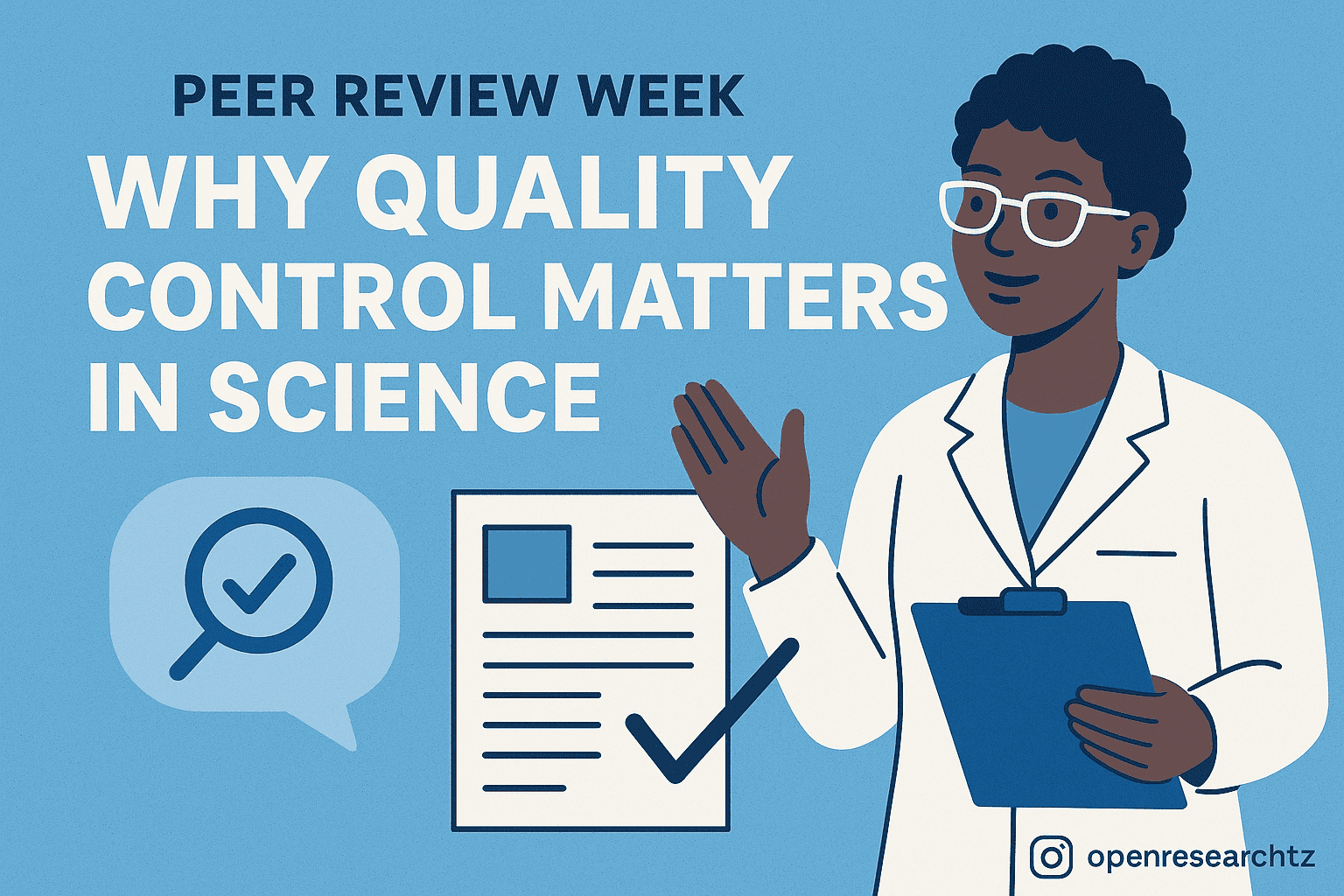Today on world environmental day, I was thinking how biotechnology can be used to protect the environment from damage, especially in agriculture.

When we say biotechnology, for many people what comes to mind is genetic engineering and genetically modified organisms. Although these are also types of biotechnology/biotechnology products, today I want to focus on agrobiologicals.
What are Agrobiologicals?
Agrobiologicals encompass a broad range of nature-based solutions designed to support agriculture while minimizing environmental harm. They are products and practices derived from living organisms or natural materials. Unlike conventional chemical inputs, agrobiologicals work with natural systems to enhance crop health, protect against pests and diseases and improve soil quality, all while supporting a more sustainable and regenerative approach to farming.
These include:
Biopesticides: Natural agents such as beneficial bacteria, fungi or plant extracts used to control pests and diseases, reducing the need for synthetic chemicals.
Biofertilizers: Microorganisms or natural substances that enhance soil fertility and promote plant growth by improving nutrient availability and uptake.
Biostimulants: Products that stimulate plant physiological processes, improve resilience to stress and boost yield and quality, often through beneficial microbes, plant extracts, algal and microalgal extracts or organic compounds.
Soil amendments: Additions like humic acids, fulvic acids or microbial inoculants that restore soil health, improve structure and enhance nutrient cycling.
How Agrobiologicals Protect the Environment
- Reduced chemical dependency by replacing or complementing synthetic pesticides and fertilizers thus lowering the risk of soil and water contamination and reduce negative impacts on non-target organisms.
- Promoting soil health and biodiversity of the soil microbiome, which is essential for nutrient cycling, disease suppression and overall ecosystem resilience.
- Some biologicals, such as those that promote soil carbon sequestration, help with climate change mitigation. They help agriculture become a net sink for greenhouse gases, contributing to climate change mitigation efforts.
- Improved crop resilience by enhancing plant health and stress tolerance, which in turn helps crops withstand drought, disease and other environmental pressures, reducing crop losses and the need for reactive chemical interventions.
Challenges Facing Adoption of Agrobiologicals in Tanzania
Despite the clear environmental promise of agrobiologicals, several significant barriers are slowing the widespread adoption of agrobiologicals in Tanzania and across East Africa. We have been working with agrobiologicals stakeholders in Tanzania for the past two years to identify barriers and challenges to adoption as well as solutions.

Agrobiologicals stakeholders in a workshop supported by SIANI and SEI under the agrobiologicals expert group project in Arusha, Tanzania (October 2024)
The main challenges that kept coming up are:
Policy and regulatory barriers
While national policies, such as Tanzania's National Agriculture Policy (2013), recognize the value of sustainable practices, implementation often lags behind. Regulatory systems are still heavily oriented toward chemical inputs, with incentives like subsidies and tax exemptions favoring synthetic products over agrobiologicals. The lack of clear, dedicated regulatory guidelines for agrobiologicals leads to confusion, misclassification and additional hurdles for importation and registration.
High costs and complex registration system
Registering and importing agrobiological products is prohibitively expensive and time-consuming, particularly for local small and medium-sized enterprises (SMEs). Lengthy trial requirements and high fees discourage innovation and market entry by local producers.
Limited awareness and training
Many farmers and agricultural extension officers are unaware of agrobiological options and their benefits. There is also a lack of accessible, practical training infrastructure such as demonstration farms and targeted educational programs, to build confidence and capacity among users.
Market and distribution challenges
Agrobiological products are often not stocked by agro-dealers due to perceived low demand, creating a cycle where farmers cannot access products even if they are interested. Weak distribution networks further limit rural access.
Fragmented information and stakeholder coordination
Information about agrobiologicals is available but scattered across different actors including researchers, policymakers, farmers and the private sector, making it difficult to build momentum and shared understanding.
What Can Be Done to Promote Adoption?
Stakeholders and experts in Tanzania have proposed a range of actionable solutions to overcome these barriers.
Dr. Aneth David presenting during the agrobiologicals expert group workshop supported by SIANI and SEI, Arusha, Tanzania (October 2024)
Policy reform and regulatory clarity
The Ministry of Agriculture and regulatory authorities are urged to develop clear, streamlined guidelines for registering agrobiologicals, with simplified processes and lower costs for local SMEs. Policies should distinguish between different scales of manufacturers and offer tax exemptions, reduced trial times and self-assessment mechanisms.
Awareness and education campaigns
Integrating agrobiologicals into agricultural college and university curricula and extension officer training can build practical skills and awareness. Public campaigns leveraging the media, school programs and farmer field days can also raise the profile of biological solutions and demonstrate their benefits in real-world settings.
Incentives and support systems
Government-backed subsidies (ruzuku) and inclusion of agrobiologicals in national input distribution frameworks can help level the playing field with chemical inputs and encourage adoption among farmers.
Strengthening distribution and market access
Developing robust supply chains, supporting agro-dealers to stock biological products and facilitating market access for local innovators will help ensure products reach end users.
Stakeholder platforms and collaboration
Creating recognized national and regional platforms for stakeholders, including researchers, regulators, NGOs and the private sector can improve coordination, advocacy and resource mobilization. Collaboration with seed banks and ecological farming organizations can help integrate agrobiologicals into broader sustainable agriculture initiatives.
Monitoring and evaluation
Establishing a national database of agrobiological products and tracking adoption rates will help identify gaps, measure progress and inform future strategies.
The Future of Sustainable Agriculture in Tanzania and Africa
The adoption of agrobiologicals is accelerating, driven by farmer demand for safer, more sustainable solutions, regulatory shifts limiting chemical use, and growing consumer awareness of environmental issues. Strategic partnerships, legislative support and ongoing innovation are making biological products more accessible and effective than ever before.
On this World Environment Day, agrobiologicals stand as a promise of biotechnology, offering hope for a future where agriculture thrives in harmony with nature, ensuring both food security and environmental stewardship. By addressing the challenges to adoption with targeted reforms, investments in education and distribution, and stronger stakeholder collaboration, Tanzania and East Africa can unlock the full potential of agrobiologicals, delivering on the promise of biotechnology for a healthier environment and more resilient agriculture
 Aneth David
Aneth David









